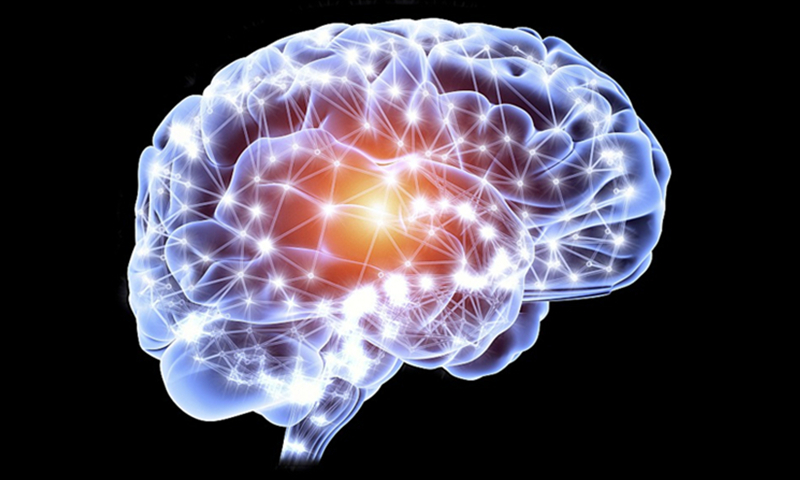Chinese hospital to treat depression with brain-computer interface system, ‘has passed ethical reviews’
By Huang Lanlan Source: Global Times Published: 2020/12/11 18:15:52

Photo: VCG
A public hospital in Shanghai said it will try to treat depression patients with an advanced brain-computer interface (BCI) system.The Ruijin Hospital affiliated to Shanghai Jiao Tong University School of Medicine announced on Friday it will initiate a clinical research project on BCI neuromodulation treatment, which is expected to work on those who suffer from treatment-resistant depression.
The project has passed ethical reviews, and it will recruit adult treatment-resistant depression patients from society, Ruijin Hospital was quoted as saying by news site thepaper.cn on Friday.
A media person with the hospital confirmed the project to the Global Times on Friday. It remains "unclear" how many patients will be recruited, she added.
WHO statistics show that depression is estimated to affect 350 million people worldwide. While traditional treatments, including antidepressants and cognitive therapies, don't work well on some 20 percent of patients who are resistant to drugs, the latest BCI technology may help cure them by implanting an electrode chip under their scalp, the hospital said.
Using BCI technology, a patient receives neuromodulation treatment through electric stimulation with the help of an implanted chip that directly connects with his/her neural circuits, introduced Sun Bomin, director of functional neurosurgery under Ruijin Hospital.
Traditional drug therapy, by contrast, is less effective in treating mental diseases including depression, which are mainly caused by the dysfunction of neural circuits in the brain, Sun told thepaper.cn on Friday. "Because drugs are distributed throughout the body and difficult to gather in the brain," he explained.
The hospital said it has put some of its BCI skills into clinical use. A case it shared with media on Friday involved a 45-year-old man surnamed Pan who was diagnosed with depression in 2014.
Pan started receiving electrode implantation therapy at Ruijin Hospital in 2017 after almost all other methods had failed. Pan's depression symptoms have since been alleviated after three years of regular treatment, according to the hospital.
Posted in: SOCIETY,CHINA FOCUS